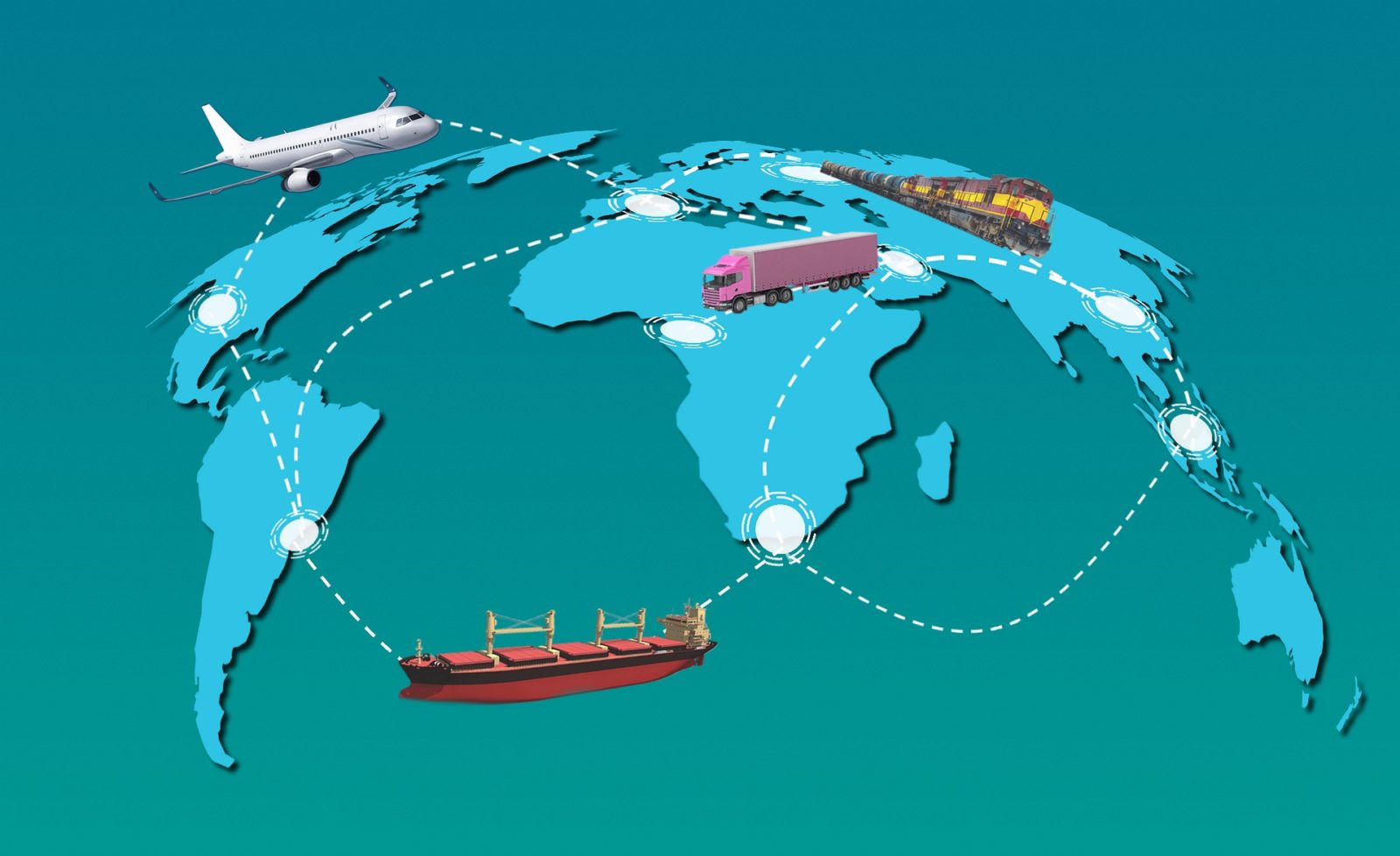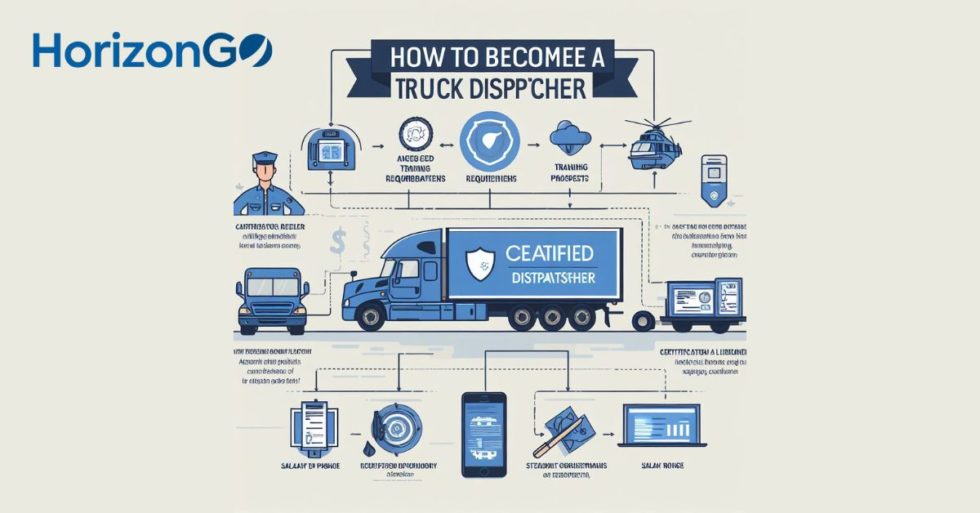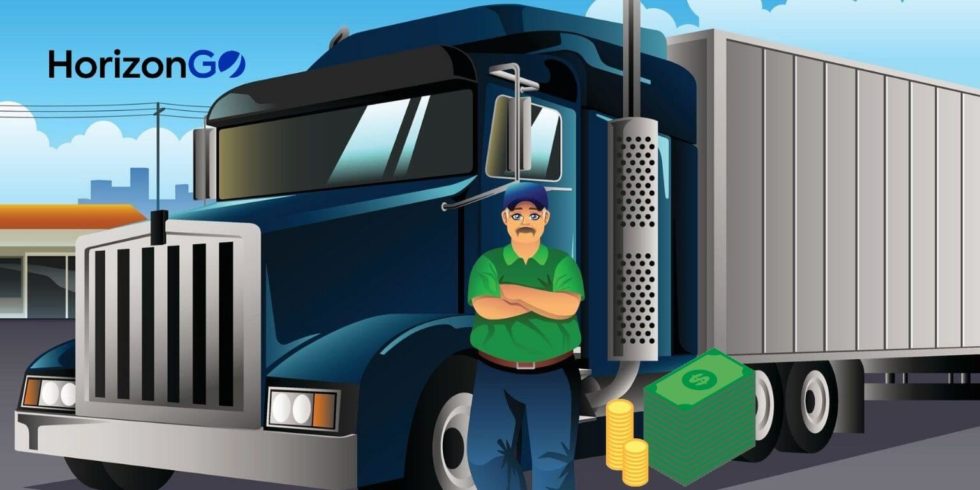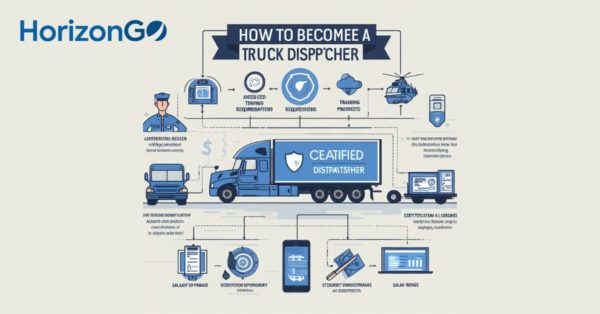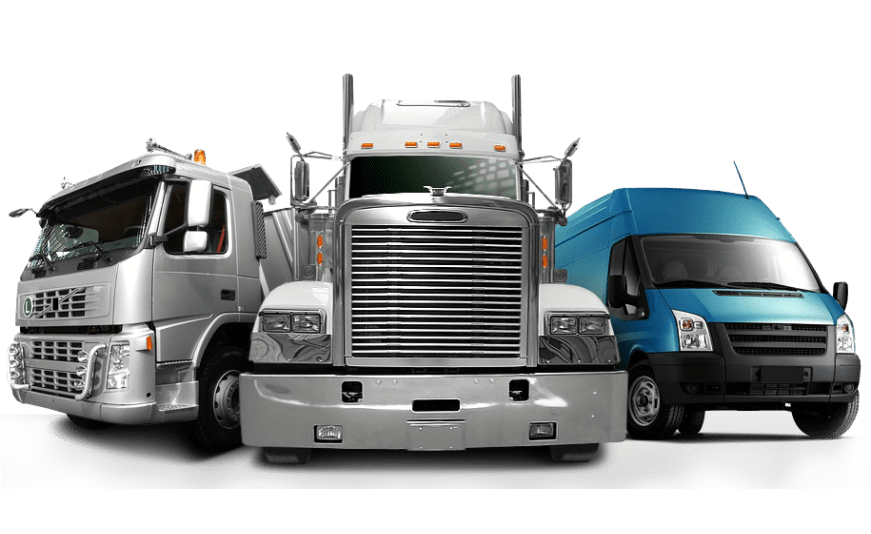Companies may use supply chain management to find the ingredients they need to manufacture a product and then deliver it to customers. So this is how you get the most out of your supply chain management plan.
What is supply chain management and Why is it Important?
How a company oversees the sourcing of raw materials to generate services or products and then delivers that product or service to clients is known as supply chain management (SCM).
SCM software is created to boost supply chain efficiency. Companies can only create and send as many goods as can be sold if they have timely and accurate supply chain information. Both manufacturers and merchants benefit from effective supply chain solutions for reducing surplus inventory. This lowers the cost of manufacturing, transporting, insuring, and storing non-saleable goods.
Process of Supply Chain Management
The supply chain management job consists of five components necessary for creating and distributing high-quality goods and services on time and within budget. SCM enables businesses to create clear plans for acquiring resources, creating and delivering final goods, and maintaining excellent customer relationships.
The SCM process is divided into five basic steps:
Plan:
Businesses should first devise a strategy to guarantee that good product are available for all stages of the production process. Demand fluctuation is an important consideration here since it might affect the available resources to your company. Most organizations employ an analytical tool such as material requirement planning software to estimate production and identify the necessary raw materials.
Source:
Businesses must also find providers capable of delivering essential products on time and at a price. The emphasis here is on locating the appropriate resources and ensuring that they arrive on schedule while avoiding income loss.
Make:
When creating a finished product for a client, firms must ensure that specifications are followed as closely as feasible. Organizations assemble, test, and ship items at this phase, then use consumer input to enhance manufacturing. Before the final version is given, products may go through several revisions.
Deliver:
When it comes to achieving finished products for clients, businesses prioritize brand image, customer expectations, and ensuring that the product arrives promptly. It’s critical to guarantee that items are of excellent quality and that they can be delivered as quickly as possible to clients.
Return:
Firms concentrate on customer service after shipment, particularly in the case of rejected items and products. This step, sometimes called “reverse logistics,” is necessary to assure that client relationships are not harmed. Establishing an excellent customer experience requires a swift and efficient return or exchange procedure, which is vital as the distribution process.
Depending on their aims, market, and goods, businesses will approach SCM differently. The resource-based view (RBV), transaction cost analysis (TCA), knowledge-based view (KBV), strategic choice theory (SCT), materials logistics management (MLM), just-in-time (JIT), materials requirements planning (MRP), theory of constraints (TOC), total quality management (TQM), agile manufacturing, time-based competition (TBC), customer relationship management (CRM), theory of constraints (TOC), total quality management (TQM), total quality management (TQM), total quality management ( (ATP).
Vendors and Supply Chain Management systems
Technologies, tools, and software for supply chain management are essential components for the SCM process. Standard popular software features are the capacity to monitor needs, your distribution networks, and production scheduling. There are additional options for precise scheduling, sourcing, and supplier management, as well as powerful analytics to assist in monitoring supply chain logistics. Distributors, shippers, refunds, warehousers, merchants, producers, and clients may all be tracked using these technologies in one spot. SCM involves many moving components, and SCM solutions claim to make the process more efficient, transparent, and accurate.
These are some of the most common SCM tools currently available:
- Basware
- Descartes Systems Group
- E1open
- Elementum
- Epicor
- Infoplus
- Infor SCM
- Jaggaer
- JDA Software
- Logility
- NetSuite
- Oracle SCM
- Quickbase
- SAP SCM
Examples of Supply Chain Management
During the last two decades, producer’s and retailers’ supply networks have been increasingly intertwined. Companies with a well-tuned, just-in-time supply chain can refill shop shelves immediately when items are sold. Current information from supply chain members has enabled organizations to employ modern analytics to improve performance even more as collaboration has grown. Here are several examples:
They are detecting possible issues before they arise.
The usual approach to a client ordering more merchandise than the manufacturer can supply is to cut the order in half. As a result, the consumer feels insignificant and believes the manufacturer’s service is inadequate. Manufacturers who foresee a shortage before a customer is dissatisfied may provide an alternative product or inducement to keep the customer pleased.
Dynamic pricing optimization.
Seasonal items, especially fashion items, have a finite shelf life. Any items that do not sell before the end of the season are discarded or sold at a significant discount to clear the warehouse. Airlines, hotels, and other businesses that sell a limited, perishable commodity modify their pricing on the fly to match demand. While this is more challenging with apparel and other items with a broad range of supply, comparable forecasting approaches can help boost margins.
Improving the distribution of inventory that is available to promise (ATP).
Today’s technologies decide how to allocate resources and plan work based on sales forecasts, accurate orders, and guaranteed raw material deliveries. Producers can verify a product shipping date when an order is placed, reducing the number of mistakenly filled orders.
Analytics for supply chain management
Supply chains that are well-managed may be examined in different ways. Organizations may use analytics to help them focus on the most critical operations and enhance current processes. Regulatory compliance, safety, and contractual duties are all supported by critical metrics. Other measures track and enhance efficiency, customer service, and profit margins.
The following are some examples of typical metrics:
- Perfect orders: The proportion of orders free of errors.
- It takes to get from cash to cash between paying for raw materials and receiving payment for the finished output.
- Order cycle time: It takes from when an order is placed to when the product is delivered.
- Fill Rate: The percentage of items delivered exactly as ordered on the first shipment is known as the fill rate.
There are hundreds of supply chain metrics to choose from. Finding the appropriate ones for your sector and business is the art.
Top Supply Chain Management Systems
1. HorizonGo:
HorizonGO has developed a cloud-based TMS System, Horizon Go. HorizonGo is also used as a Supply Chain Management Software in melton trucking.
Everyone else now understands what we need to have in the supply chain trucking industry have long known: freight transportation is vital to the supply chain, and manufacturing as a whole has proven essential to the existence of all Americans.
Although transporters now are getting paid, we’ve continued working for over 40 years to improve their quality of life and serve the businesses that use them by delivering software products that adopt efficiency and revenues. HorizonGo goes even further by focusing on what you truly want: accessibility, flexibility, less paperwork, and cloud-based wireless dispatching collaboration and planning productivity. We like responding to and satisfying the demands of the industry. It’s what our bundle of next-generation programs involves. We trust you will agree with us. But if there is anything you’re looking for that HorizonGo doesn’t have, just let us know.
Features:
- Keeping track of the supply chain
- Information can be tracked easily
- Show Map view
- Scheduling load
- Connect your driver through the app
- Invoicing and Billing
Pricing:
For Price and further details visit the official website, you may watch tour videos or request a live demo from one of the supply chain planning professionals.
2. E2open:
One of the world’s best supply chain cloud services has acquired a significant sea transportation network. E2open, the largest global cloud-based supplier of globally connected supply chain solutions, provides a comprehensive set of intelligent programs to help the world’s largest supply chains efficiently manage, cooperate, and perform their end-to-end processes, from sourcing to suppliers to manufacturers and fulfillment.
The integration of the world’s largest sea transport network and the world’s most extensive functional freight owner logistics system will result in real-time end-to-end accessibility, as well as the ability to track and respond to changing worldwide necessities, more effective ocean transporting through the inclusion of contracting, production, and allocation, and better logistics capacity utilization through improved visibility into manufacturing forecasts and future shipping needs.
Canon, Unilever, Toshiba, Vodafone, and Mondelez are among E2open’s global customers.
Features:
- Track Supply Chain
- Supply Chain Analysis
- Designing Supply Chain
- Stock Control
- Transport Management
- Distribution Management
Pricing:
Visit the site for pricing.
3. SAP SCM
SAP SCM (SAP Supply Chain Management) is marketing expertise, supply, and financial planning, stock management, and asset tracking are all covered by SAP SCM. This software is advantageous for multinational firms with real-time market dynamics analysis, delivery tracking, and other features.
SAP SCM accelerates achievement in enterprises by leveraging IoT (Internet of Things) and AI to improve supply chain management. This software enables businesses to keep up with technological changes through its flexible end-to-end digital thread.
It’s a unique trucking supply chain management platform that lets you create reusable items and services and distribute them using environmentally friendly methods.
SAP supply chain solutions have eliminated 75 percent of their paperwork, boasting big-name firms like Microsoft and Unilever among their 11 million+ customers. This Germany-based corporation, founded in 1972, has effectively established itself as a household name.
Features:
The following are some of SAP SCM’s significant features:
- Collaboration between partners and suppliers
- Strategy for sales and production (S and OP)
- Business planning that is integrated
- Management of transportation
- Transport tracking and tracing
- Management of the warehouse
- Management of a project portfolio
- The price of a product
- Compliance with product quality
Pricing:
The cost for SAP SCM’s supply chain management is kept secret. You can get SAP software demos and free trials of SAP Innovation Management, SAP Enterprise Product Development, and other business optimization solutions on the website.
4. Blue Yonder (JDA).
Warehouse Management jobs are best for scaling enterprises, Blue Yonder (previously known as JDA SCM) offers its leading customer-driven supply chain solution, LuminateTM Planning. Improved flexibility and control help users make critical decisions, resources, products, and everything in between.
The Sales and Production manager’s salary Operation feature claims a 60% gain in planning efficiency, a 30% cost reduction, and a 10% boost in customer service. Stock administration can also help you provide consumers with the best possible speed and service.
For improved predictions and prescriptions, BlueYonder offers boundary-less planning and cognitive planning. As a result, firms can overcome timing gaps, organizational silos, supply and demand, and the dynamic supply chain.
Features:
- Execution of sales and operations
- Supply chain planning is cognitive
- Changeover time is reduced.
- Planning procedure that is open and transparent
- Dynamic master planning
- Inventory management
- Design and modeling of end-to-end networks
- Smooth demand and supply chain adaptation
Pricing:
Blueyonder does not provide its consumers with any pricing plans upfront. So, to contact one of their agents and discuss rates, you must provide your contact information on their website.
5. Oracle SCM
It stands for Oracle Supply Management; this is the best option for cloud planning and management. Oracle SCM employs cloud-based apps to boost resilience and sales performance even with ever-changing client needs. However, this supply chain management software guards users from errors assess viable alternatives and re-plans projects in real-time.
Oracle SCM streamlines and automates the corporate supply chain for effective maintenance and management using blockchain and IoT technologies.
Features:
Another valuable tool for improved cooperation and transparency is the order management solution. You can see the team’s progress, order execution, and customer experience on one screen.
- Management of transportation
- Management of the warehouse
- Materials and cost control
- Logistics of service
- Management of global commerce
- development of a product
- Management of quality
- Handling of suppliers
- Networking for business
- Oracle Asset management in a self-contained warehouse
- Order handling across all channels
- Control of pricing
Pricing:
Oracle SCM is accessible as a subscription-based service. The price, on the other hand, is not stated upfront. On the official website, you may watch tour videos or request a live demonstration from one of the supply chain planning professionals.
6. SCM Infor
By combining the best of supply chain planning, real-time monitoring, and finance, Infor SCM delivers end-to-end supply chain solutions. Its supply chain management promotes data-driven decision-making, which leads to better customer service.
According to their web page, employing Infor SCM has helped firms reduce waste costs by 40% and warehouse operations expenditures by 8-12 percent, respectively. The company’s total productivity rises by 8-15 percent due to this.
Customers may improve the supply chain through invoice automation, payment certainty, cash flow monitoring, and more, in addition to visibility and control.
With supply chain analytics and insights, therefore Infor SCM is the right platform for organizations to feel the demand. One of the best advantages is its procure-to-pay automation, enabling transparency and collaboration across ERPs.
Features:
The following is a list of some of Infor SCM’s most essential features:
the visibility of the supply chain
- Management and awareness of the supply chain
- Demand and supply forecasting in real-time
- Sophisticated decision-making assistance
- Managing the workforce
- Optimization of liquidity
- Implementation of payments
- Optimization of processes
- Data series modeling and analytics are built-in.
- Shipping in many modes
- Optimization of global shipments
- Tracking of cargo
Pricing:
To learn more about its supply chain management products and costs, fill out the “Contact Us” form on its official website. Also, the company offers a free trial, so take advantage of it before committing to a membership plan.
7. Manhattan Associates
Transport Management at its Best Manhattan Associates uses basic data analytics to simplify complicated and siloed corporate processes. The software’s nearly ten thousand APIs allow it to scale without modifications. It’s worth noting that this SCM software system updates itself every 90 days.
This micro-service software includes warehouse management, labor management, transportation management, and more.
Apart from allowing companies to adapt to new business processes, the software also optimizes load assignments, reduces transportation, and saves money. Overall, users who choose Manhattan Associates gain the most control, visibility, and collaboration.
Features:
The Manhattan Active Omni, which analyses multichannel business outlets, is one of its most prominent solutions. Therefore, companies may follow higher precision in the planning process and fulfill orders accurately with increased inventory visibility, resulting in maximum customer satisfaction.
There are some characteristics of Manhattan Associates:
- Management of the workforce
- System for managing warehouses (WMS)
- System of transportation management
- Optimal scheduling
- Promotions for businesses
- Network fulfillment that adapts
- Self-service through the internet
- Insights on client involvement in real-time
- Planning for finances and marketing
- Clustering and planning of stores
Pricing:
For further detail visit our website.
8. SCM Descartes
Descartes SCM is best for the transportation management system. B2B connection, customs compatibility, global trade information, and other elements in Descartes SCM improve functionality and efficiency. It employs artificial intelligence (AI) and business intelligence to help your company become a “smarter,” digital version of itself.
Descartes SCM is a cloud-based system that provides flexible and wireless logistics meaning to optimize company operations across multiple platforms. So, brands can receive goods and assets as needed, thanks to their solid global intelligence.
Features:
- Messaging for logistics
- Commercial and business-to-business messaging
- Messages from customs
- Formal security filings
- Industry-specific programs
- Analytical data
- Portal for shipments
- Trade and duty information
- Product categorization
Pricing:
For further detail visit our website.
9. Epicor
Epicor provides a comprehensive set of Supply Chain Management (SCM) solutions integrated into a single platform and built on industry-leading service-oriented architecture (SOA). Because, This SCM Epicor is a business application package that includes buying monitoring, supply planning, inventory control, advanced information management, and warehouse management, among other functions. It provides the best platform for a supply chain management system.
Features:
- Purchase management
- Record Management
- Management of the workforce
- Contact with distributor
- Orders management
- Supplier Relationship
Pricing:
Visit the Website for further detail.
10. Descartes SCM
Descartes SCM is a supply chain management software that offers cloud-based, modular, wireless logistics and accessible online solutions. Because, these solutions enable you to provide value to enterprises for a broad range of logistical procedures, allowing them to run their fleet across air, sea, and land. Descartes SCM’s most essential features are transportation management.
Features:
- Routing, mobile, and telematics are all features.
- Transportation planning and management
- Compliance with customs and regulations.
- A worldwide logistical network.
Pricing:
Visit the Website for further detail.
11. HighJump SCM:
HighJump is a worldwide supplier of supply-chain management software and trade partner network technology that combines supply chain and logistics and supply chain management innovations to give you an excellent framework for response to competitive demands. Although, this Highjump SCM offers solutions that allow you to adapt to changes independently. Highjump SCM’s products offer an attractive total cost of ownership. We serve over 14,000 customers in 77 countries, ranging from small to multinational corporations.
Features:
- Multi-client operation,
- workforce management,
- EPR integration is one of the features.
Pricing:
Visit the Website for further detail.

